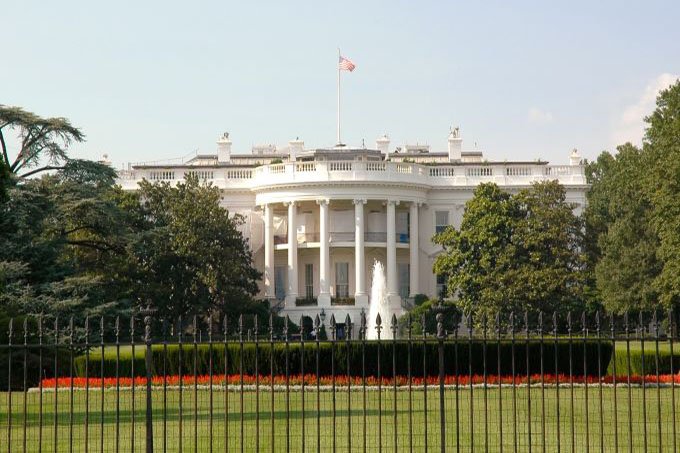 The United States government has been pushing for a global corporate minimum tax rate in an attempt to stop companies from moving to low-tax countries and avoid paying higher taxes at home.
The United States government has been pushing for a global corporate minimum tax rate in an attempt to stop companies from moving to low-tax countries and avoid paying higher taxes at home.
The Biden administration is currently concerned with the potential erosion of its tax base, especially taking into account its intentions to increase corporate tax rates. Recently, Biden announced his plan to increase the corporate tax rate to 28% - a move criticized by Democrats and Republicans alike – adding that he is still open to a compromise and insisting that Trump's corporate tax cuts only helped the wealthy.
"I didn't hear any of our friends, who are criticizing this plan, say that the corporate tax cut, which added $2 trillion to the debt wasn't paid for, the vast majority of which went to the top 1 percent of the wage earners," commented Biden.
The tax hike is to pay for Biden's recently proposed $2 trillion infrastructure package, which has been heavily criticized and opposed by Republicans, given that only about 5% of that package would actually go towards developing infrastructure. Biden responded that he is willing to debate the issue and highlighted that compromise is inevitable, though he warned against inaction.
Treasury Secretary Janet Yellen asked for a 21% global minimum rate, saying that it is necessary to avoid a 30-year race to the bottom. She was making a reference to the fact that countries have been cutting rates in an attempt to attract business investment.
The head of the World Bank, David Malpass, warned against setting tax rates too high, as it could affect the poorest countries. Nevertheless, he stated that he felt encouraged due to the renewed focus on global tax rate talks, which had been stagnant.
"The critical thing is to have growth for countries around the world," he explained, adding that since tax rates matter for everyone, there needs to be a legal environment that attracts new business investment to disadvantaged countries.
Yellen's 21% global minimum rate may be too high according to Malpass, though he avoided commenting more about this topic.
Finance ministers from the G-20 aim to reach an agreement by mid-2021. According to Reuters, both France and Germany (which currently lead the Eurozone) agree with the US approach and are willing to do whatever is necessary to have a deal ready in June.
The G-20 also agreed on extending the debt service suspension initiative, which would result in the deferral of $5.7 billion in payments, benefitting developing countries.

